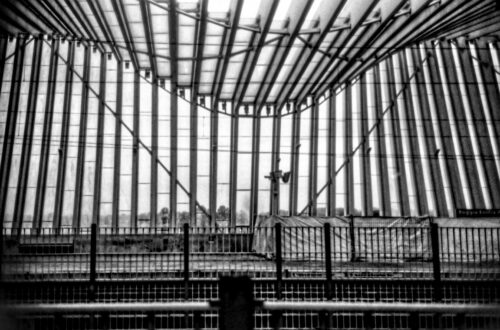Photography and the dangers of ethics

Starting from my usual visit at Yanick Delacroix website, yanidel.net, and Eric Kim blog link after link, I’ve stumbled upon a post by Joerg Colberg discussing the always-hot topic of ethics vs law in (street-)photography.
The usual way to handle this problem is by expressing it in terms of “freedom-of-expression-vs-personal-privacy” and by raising questions like “would you have shot this picture?”, “how do you feel photographing homelesses, bums and freaks?”, “Is this photo ethical?” and invariably concluding without giving a clear (though non necessary correct) answer. So, for what it worth, here are my two pence.
To put it short, the Colberg (proposed) Doctrine says (verbatim quotation)
it might be perfectly legal to photograph someone in a public space, but something being legal doesn’t mean it’s ethical as well
Thus implying that between law and ethics one should follow the latter (ethics) and not the first (law.) A typical cult-based, theocratic approach where (State or Cult defined) ethics comes first.
Reversing the statement gives us a more clear understanding of the consequence of this doctrine:
it might be perfectly ethical to photograph someone in a public space, but something being ethical doesn’t mean it’s legal as well
Whatever the form, I don’t like this attitude because law, by balancing opposite interests, is a tool that can be used as a standard reference for everybody while ethics is an absolutely personal business and cannot become a reference to assess the behaviour of another human. Unless, as said, the ethics is State-driven or imposed, like in the Nazist Era, or in every religion-driven country. In these case there is no need for an independent law: what matters is the will of the Supreme Ruler.
This is why I do think that following a (personal sense of) ethics is correct until it doesn’t interfere with the laws. And, on the contrary, that somebody should be free to follow his own (personal sense of) ethics at the sole condition of bearing the responsibility of infringing the laws.
If somebody, by way of a spontaneous self-restraint, feels that a photo is inappropriate he’s absoultely right in refusing to shot it or save it after the shot. But for no reason whatsoever a “personal belief” can be the basis to overrule a right granted by a law.
Easy and clean.




